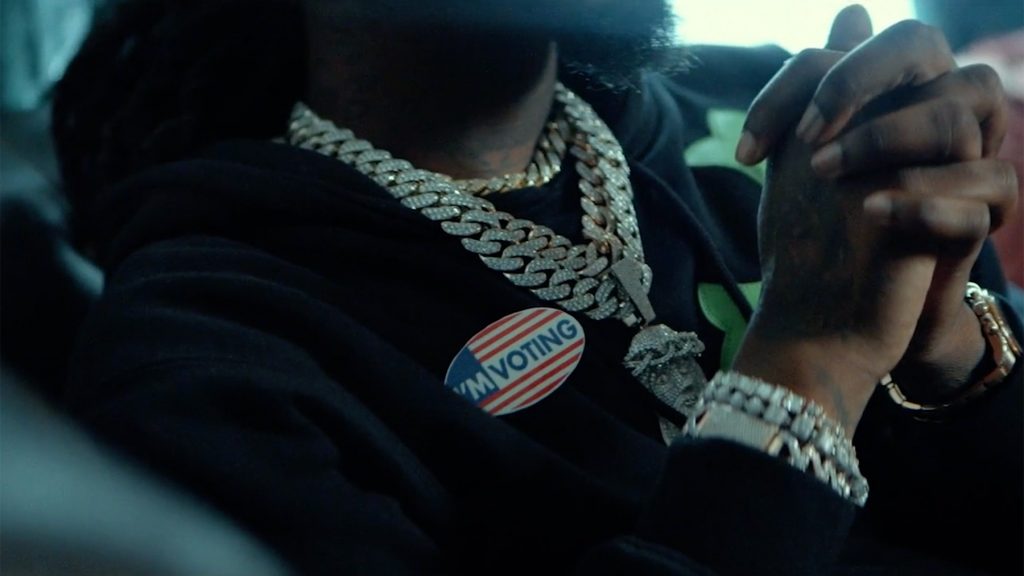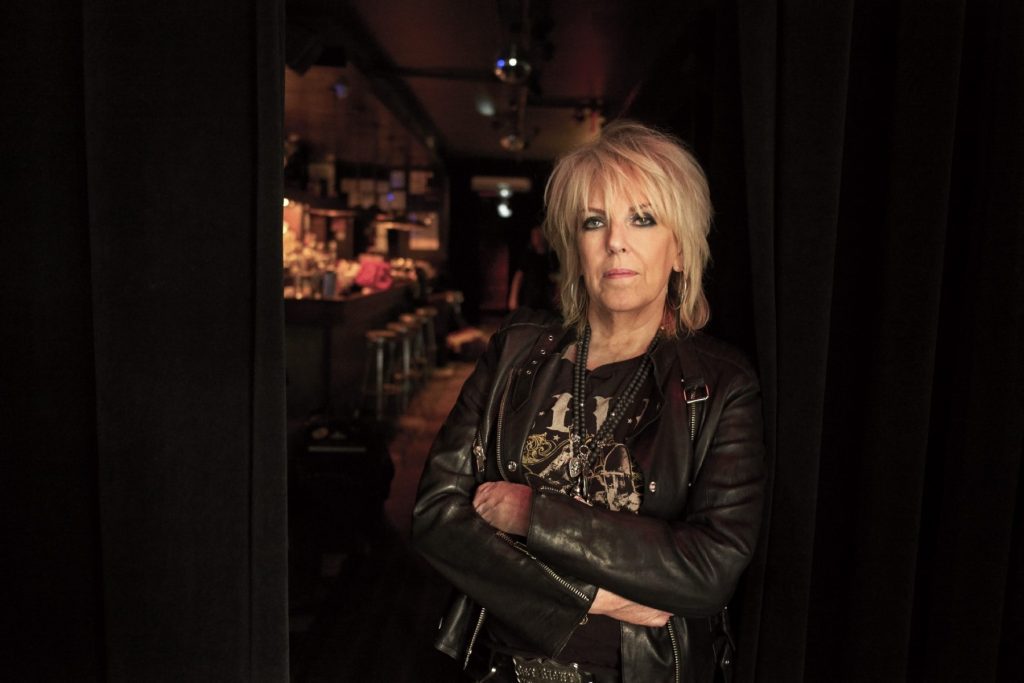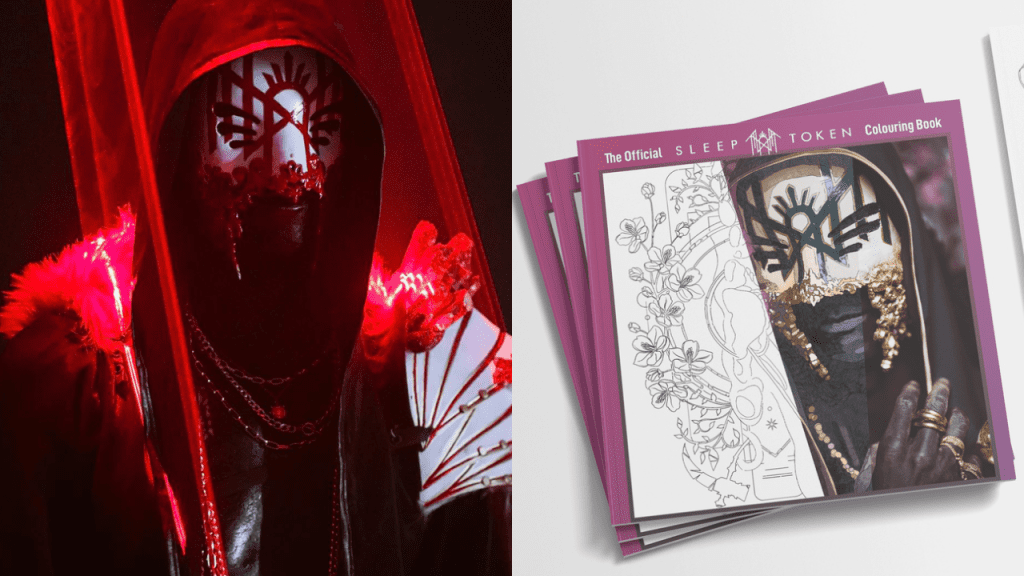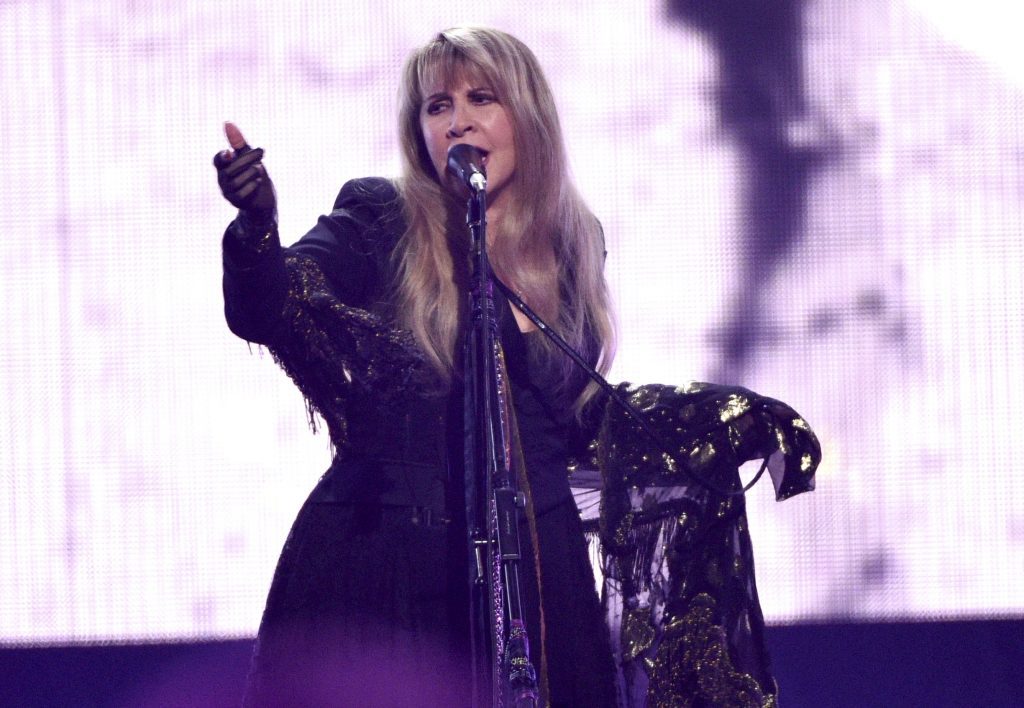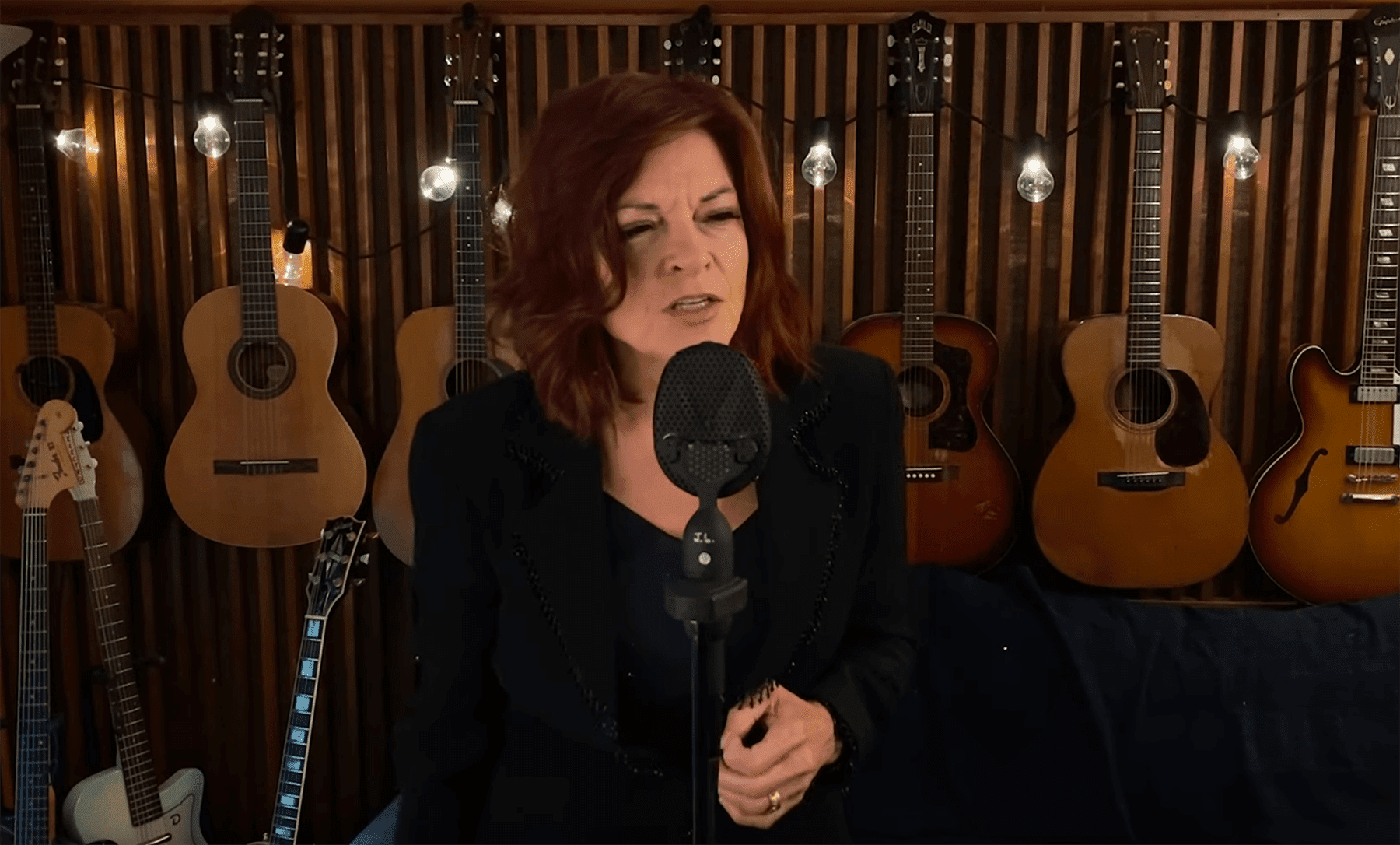
Rosanne Cash, Exhausted By the State of the Country, Looks to a Better Future in New Song
Like most artists, Rosanne Cash has been stuck in her home for the bulk of the past year. But unlike some singer-songwriters who feel creatively paralyzed by the moment, Cash has been able to process what’s happened throughout 2020 — a deadly pandemic, an uprising for black lives, a looming election — into art.
“My tour was cancelled, and I was off the road, sequestered in my own home, with time, a stack of writing journals, and a recording studio in the basement,” Cash says. “The only thing to do was write songs.”
The first of those songs, “Crawl Into the Promised Land,” which she recorded in her home studio with John Leventhal, is a cautiously hopeful anthem that preaches the hard work of dissent and patriotism. “50 years away from here/60, if I run,” she sings. “Deliver me from tweets and lies/and purify me in the sun.” Sarah Jarosz and Jakob Leventhal provide backing vocals.
“We can get back to our dream of America, where the ‘enemy’ is an individual burden, inside each of us, aching for a truce,” Cash says in an essay accompanying “Crawl Into the Promised Land.” “We’re exhausted. We’re disoriented. But I know we have the strength and will to deliver ourselves.”
blogherads.adq.push(function () {
blogherads
.defineSlot( ‘medrec’, ‘gpt-dsk-tab-country-article-inbody1-uid0’ )
.setTargeting( ‘pos’, [“mid-article”,”mid”,”in-article1″,”btf”] )
.setSubAdUnitPath(“music//country//article//inbody1”)
.addSize([[300,250],[620,350],[2,2],[3,3],[2,4],[4,2]])
.setLazyLoadMultiplier(2)
;
});
Cash has dedicated all proceeds from the song to the Arkansas Peace & Justice Memorial Movement, “an educational online memorial to commemorate the victims of lynchings in the State of Arkansas in collaboration with the Equal Justice Initiative and Coming to the Table.”
“Crawl Into the Promised Land” arrives with an accompanying video directed by Phyllis Housen and Eric Baker that intersperses footage of Cash in the studio with images of protest marches and iconic figures like John Lewis and Ruth Bader Ginsburg.
“The song required a visual corollary. I wanted to connect the past and the present,” Cash says. “The Voting Rights Act, and the Women’s March of 2017, the Civil Rights movement and the Black Lives Matter protestors, Harriet Tubman and Ruth Bader Ginsburg, the workers in the cotton fields and the lives of those of us who live in privilege because of them, and the necessary gratitude for the humanity we share.”
